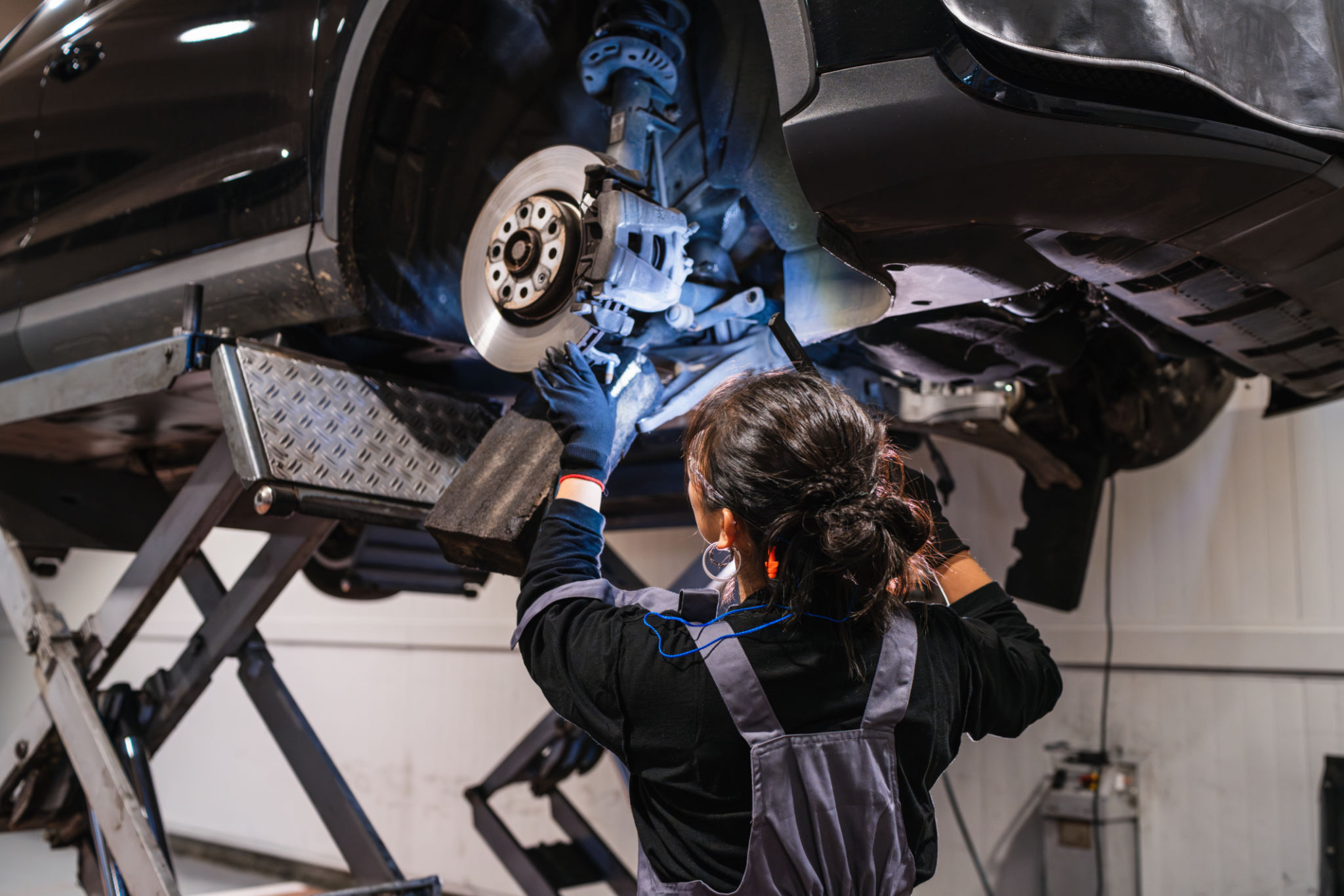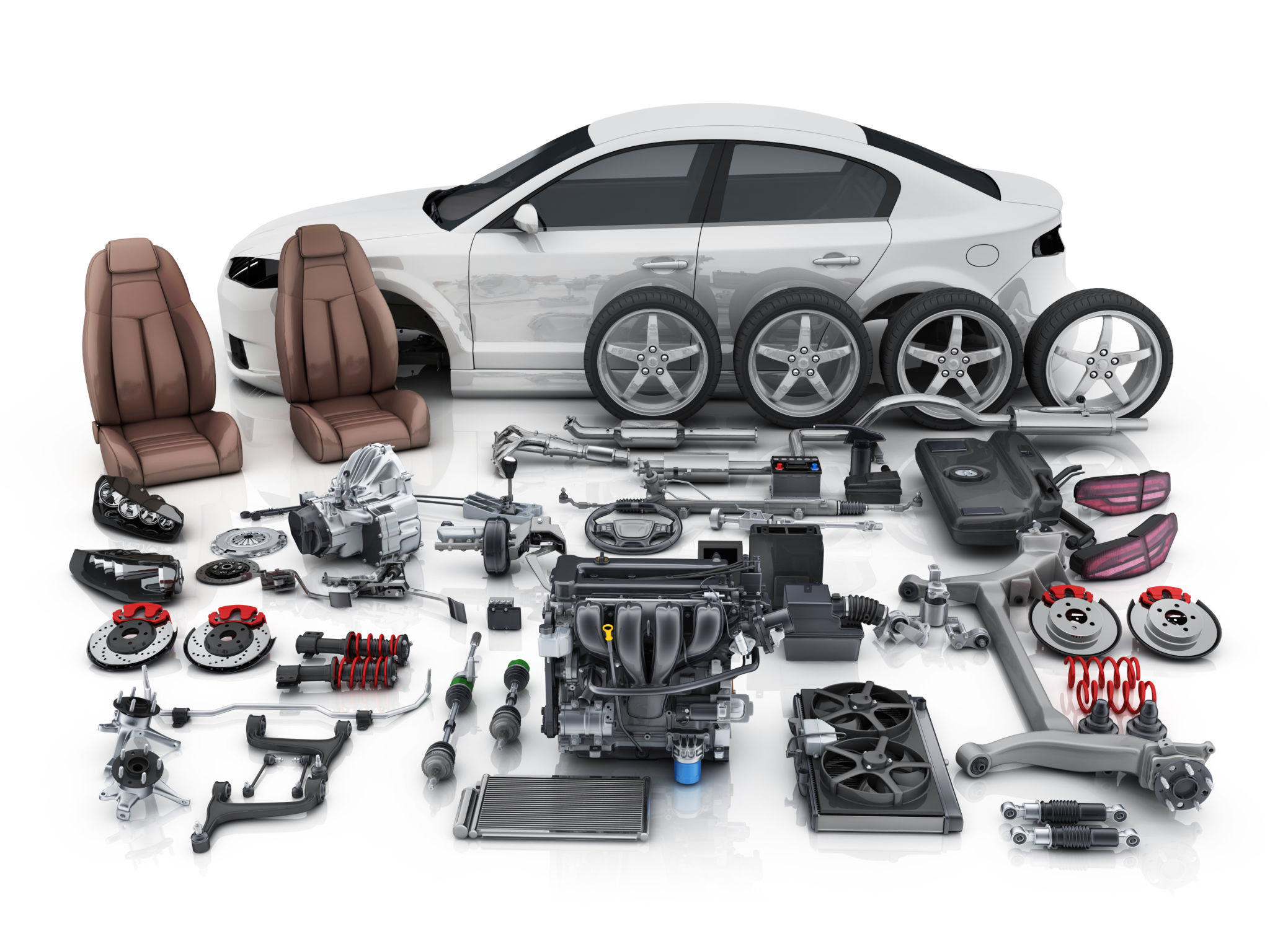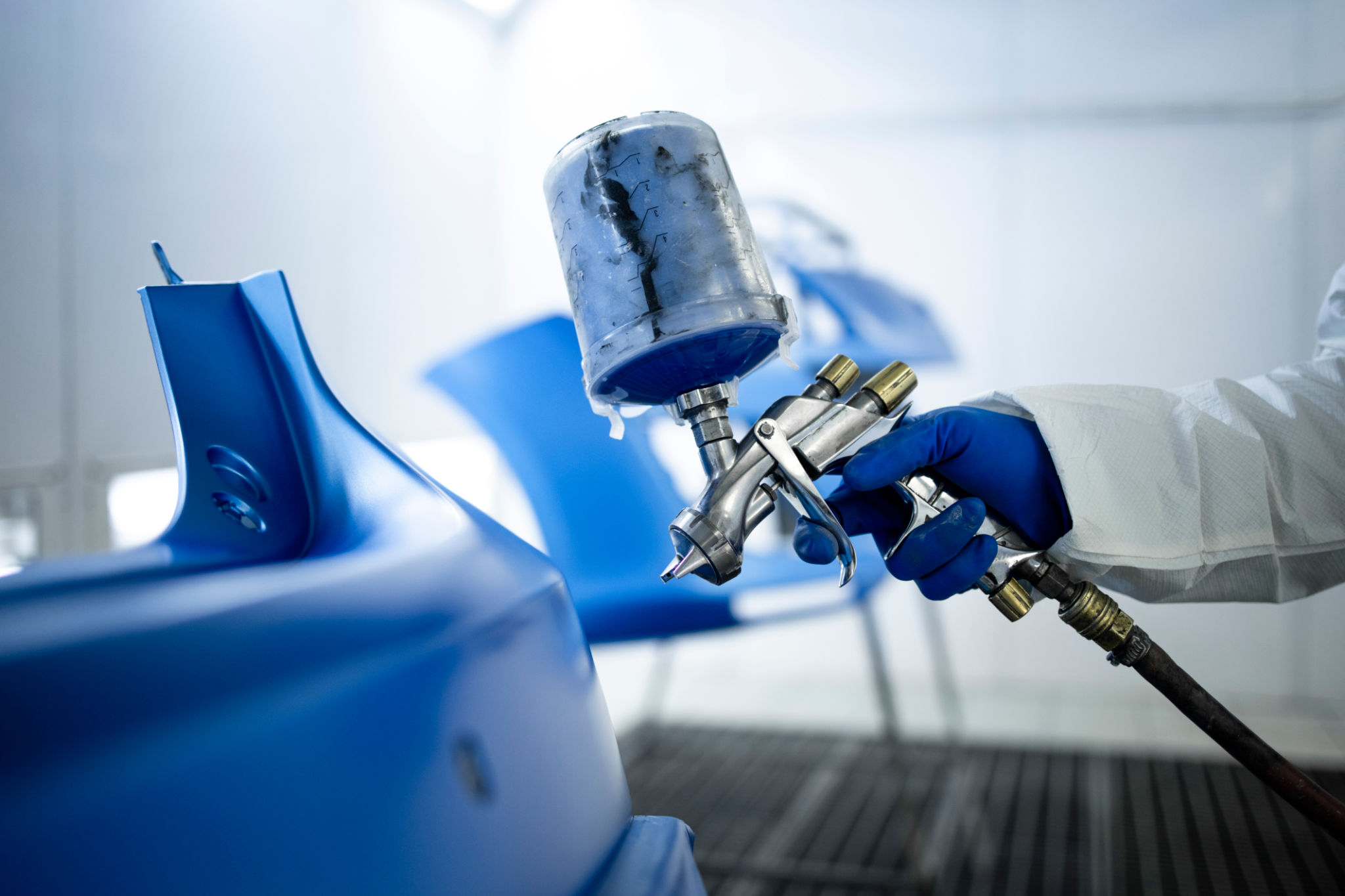Understanding the Collision Repair Process: A Step-by-Step Guide
Experiencing a car accident is never pleasant, and understanding the collision repair process can help ease some of the stress involved. In this guide, we'll walk you through each stage of the process, ensuring you're informed and prepared every step of the way.
Initial Assessment and Estimation
The first step in the collision repair process is the initial assessment of the damage. A professional technician will thoroughly inspect your vehicle to determine the extent of the damage. This is a crucial step, as it allows for an accurate repair estimate to be generated.
Once the inspection is complete, you'll receive an estimate detailing the cost and duration of the repairs. This document is essential for insurance claims and gives you a clear understanding of what to expect financially.

Insurance Approval
After receiving your estimate, it's time to get in touch with your insurance company. Most repair shops will work closely with insurers to ensure a smooth claims process. Your insurer will review the estimate and approve the necessary repairs as part of your coverage.
It's important to stay in communication with both your repair shop and insurance provider during this phase to avoid any misunderstandings or delays.
Vehicle Disassembly and Damage Analysis
Once approval is granted, your vehicle will undergo disassembly to uncover any hidden damages. Technicians will remove panels and parts to ensure no underlying issues are missed. This step is vital for ensuring comprehensive repairs.

Structural and Mechanical Repairs
The next phase involves addressing any structural or mechanical damage. Technicians will use specialized equipment to restore the frame or body of the vehicle to its original specifications. This may include replacing damaged parts, realigning components, and ensuring all systems function correctly.
During this stage, quality control checks are performed regularly to maintain high standards of safety and performance.
Paint Preparation and Refinishing
With structural repairs completed, attention turns to the exterior appearance of your vehicle. Paint preparation involves sanding, priming, and masking areas to ensure a flawless finish. Skilled technicians use advanced techniques and high-quality materials to match the original paint color perfectly.

Reassembly and Quality Inspection
As painting concludes, your vehicle is reassembled with care. All parts previously removed are reinstalled, ensuring everything fits correctly and functions as intended. This stage includes rigorous quality inspections to guarantee that all repairs meet industry standards.
Technicians will perform a final assessment to check for any imperfections or necessary adjustments before deeming the vehicle ready for return.
Final Delivery
After passing all inspections, your vehicle is ready for pickup. The repair shop will contact you to arrange a convenient time for collection. Before leaving, take a moment to inspect the repairs yourself and ask any remaining questions you might have.
Understanding the collision repair process empowers you to navigate post-accident situations with confidence, knowing your vehicle is in capable hands.
